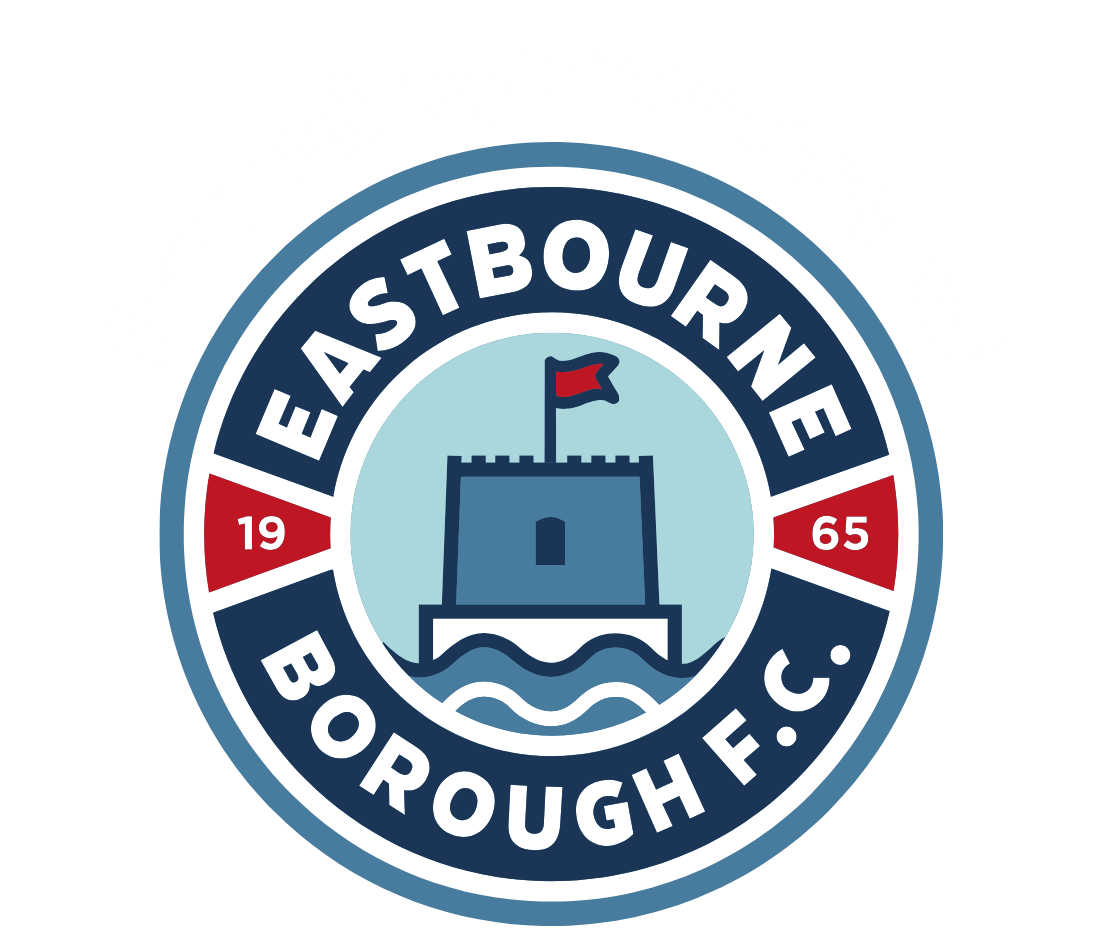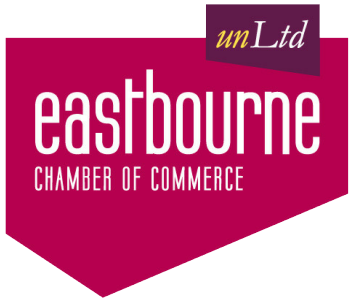
What Should Your Website Actually Do for Your Business?
When someone lands on your site, what happens next?
A good website doesn’t just look polished, it plays a meaningful role in how your business shows up, builds trust, and gets chosen.
We believe your site should feel like an extension of you and actually do something useful for your customers and your business.
Here’s what that looks like:
1. It Should Tell People What You Do: Fast
You’ve got seconds to make a first impression. If someone visits your site and can’t figure out what you offer or who it’s for, they’ll move on.
Your site should make it obvious:
- What you do
- Who it’s for
- Why it matters
That’s not just design, it’s good communication.
2. It Should Build Confidence
A strong website helps people feel like they’re in the right place. It reflects your brand, works smoothly across devices, and shows you care about the details.
This can look like:
- Clean, consistent design
- Clear messaging
- Real examples of your work
- Testimonials or social proof
It’s about helping people feel comfortable enough to take the next step.
3. It Should Guide People Forward
Once someone’s interested, your site should help them act. Whether that’s booking, calling, or just learning more.
That means:
- Obvious, helpful calls to action
- Easy contact forms or booking tools
- Content that answers the questions people tend to have
A good website gently leads people in the right direction, without friction or fluff.
4. It Should Save You Time
A well-built website can handle part of the workload for you. That might mean reducing repetitive calls, handling bookings, or answering common questions.
It’s not just about how it looks, it’s about how it helps you run your business more smoothly.
5. It Should Be Built to Grow With You
Your business will change. Your website shouldn’t hold you back when it does.
That’s why we build sites that are easy to update, expand, or evolve, so whether you’re adding new services, changing direction, or scaling up, your site can keep pace without needing to start over.
Final Thought:
Your website isn’t just a tick-box. It’s a key part of how people experience your business and when it’s built with the right goals in mind, it does more than look good. It works hard in the background to build trust, attract interest, and move things forward.
So if you’re asking, “Do I need a website?”
The better question is:
“What do I need it to do?”
.png)




